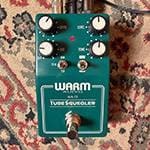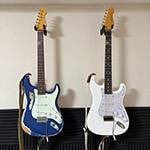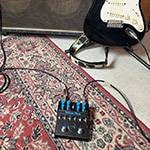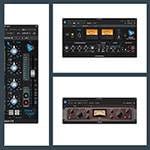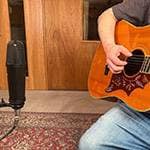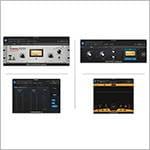
This column is written for those planning their first singing while playing live performance, based on my own experiences. I hope you find it helpful!
Start Practicing After Finalizing Your Song Choices
Once the date for your singing while playing live performance is set, you'll need to prepare in many ways. Among these, the most crucial preparation is practice. Begin by deciding on your setlist early and solidifying the songs you need to practice. While you could try out a few candidate songs before making a final decision, for beginners, it's often more reassuring to settle on your choices upfront.
That said, the songs you want to perform may not always be the ones you can play effectively (speaking from experience). If you find a song isn't coming together despite your efforts, consider leaving it as a goal for next time and switch to another song without hesitation. For your first performance, it's wise to choose songs that are easier to practice and master. This will not only give you confidence but also help you perform comfortably in front of an audience.
Finding the Best Practice Space
For most people, practicing at home might be the first idea that comes to mind. However, not everyone has an environment where they can sing loudly while playing an acoustic guitar or piano as if it were the real performance. In many cases, you'll likely have to practice quietly to avoid disturbing your neighbors or family.
When I practice at home, I usually keep it minimal—just confirming finger positions on the guitar or piano without making much sound. I once played an electronic piano enthusiastically late at night using headphones, only to be told the clacking of the keys was too loud—lesson learned! (laughs)
Considering this, renting a music studio is undoubtedly the best option, even though it comes with a cost. Practicing with a microphone and sound equipment similar to your actual performance setup is a significant advantage. Additionally, most studios offer personal practice slots at lower rates, making it more affordable. However, keep in mind that reservations for these slots often open the night before, and availability can be unpredictable, making it challenging to plan your practice schedule.
Other potential practice spots include karaoke rooms, community centers with rehearsal rooms, or even outdoor spaces like parks or riverbanks, depending on the season (but note that some locations prohibit instrument playing). Personally, I sometimes practice in my car, bringing along my guitar or mini keyboard for convenience.
Ultimately, a mix of consistent daily practice tailored to your available space and as much time in a studio as possible will lead to the best results.
Focused Practice on Weak Points
As with anything, the key to effective practice is identifying your weaknesses. When you go through your practice songs, you'll likely notice parts where you often make mistakes or struggle to deliver the vocals properly.
That's where a method I call "Focused Weak Point Practice" comes in handy. The approach is simple: repeatedly practice the phrases you find difficult. However, the frequency of repetition is crucial. For instance, if there’s a tricky two-bar section, set a timer and work on just that part intensively. The amount of time depends on the difficulty, but even 10 minutes of focused practice can make a significant difference. Stick to this daily for consistent improvement.
This practice can feel like sitting zazen or running a marathon—it’s tough at first, but eventually, you’ll enter a meditative state (laughs). Over time, you’ll find that you can play those parts effortlessly without even thinking about them. Keep at it, and the results will speak for themselves!
Tips for Maintaining Practice Motivation
No matter how much you love music, practicing the same songs repeatedly can become monotonous. This is especially true if you start practicing early or when you reach a point where you’ve already gotten somewhat proficient. To keep your motivation high, it’s important to find ways to stay engaged—methods that work best will vary from person to person, so it’s worth experimenting.
For a quick boost, try methods that are likely to work for most people, such as:
- Recounting the days left until the performance.
- Thinking about the audience who will be there to support you.
- Posting your excitement and progress about the upcoming performance on social media.
Another idea that I’ve personally tried is announcing a live stream of your practice session. This puts you in a position where you have to show up and practice. However, to avoid making it feel like the actual performance, consider adding explanations about key sections of the song or pausing to highlight challenging parts with commentary. This not only keeps you engaged but also makes the stream enjoyable for viewers.
Lastly, watching live videos of your favorite artists is a tried-and-true method. It’s a great way to rekindle your enthusiasm and remind yourself of your goals. “If they can do it, so can I!” can be just the motivation you need to keep going.
Record and Listen to Your Singing and Playing
Recording yourself singing and playing, then listening back critically, is an excellent practice method. Thanks to today’s technology, you can easily record audio using apps on your smartphone, making this approach accessible and simple to implement.
The benefit of recording lies in being able to listen objectively, as if you were the audience. You might notice things like, “I should adjust my singing style here,” or “I always rush the tempo at this part,” allowing you to identify areas for improvement that you might not have noticed otherwise.
For an even deeper insight, try recording a video of your performance. This will reveal aspects like your posture, presence, unconscious habits, or unusual quirks during playing. However, this method requires some caution—it can expose so much about yourself that it might undermine your confidence in performing live. While striving for improvement is important, losing the joy of music defeats the purpose. Unless you’re aiming for a professional level, moderation is key.
Remember, music isn’t only about technical perfection. A genuine connection with your audience matters most. If you play and sing with sincerity, your effort will resonate with listeners, even if the performance isn’t flawless. What’s important is giving your best and sharing your music authentically.
I hope your first singing while playing live performance becomes a memorable and wonderful experience!
*P.S. A “mute” accessory, which reduces the sound volume of an acoustic guitar, can be a helpful tool for home practice. Being considerate of your surroundings is an essential mindset for becoming a great musician.*

The “sound & person” column is made up of contributions from you.
For details about contributing, click here.





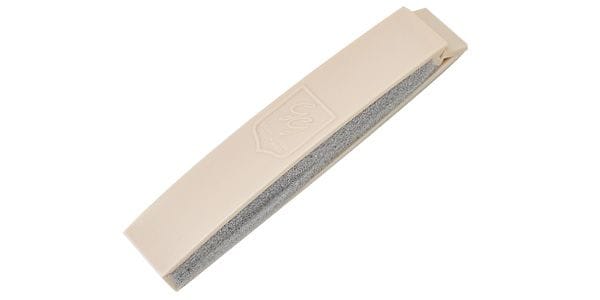


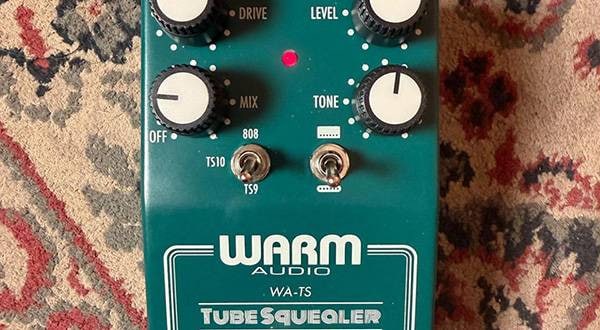
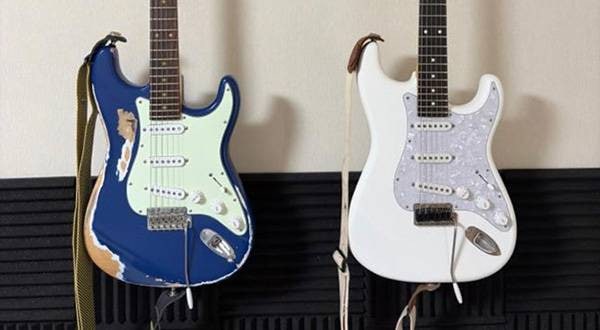
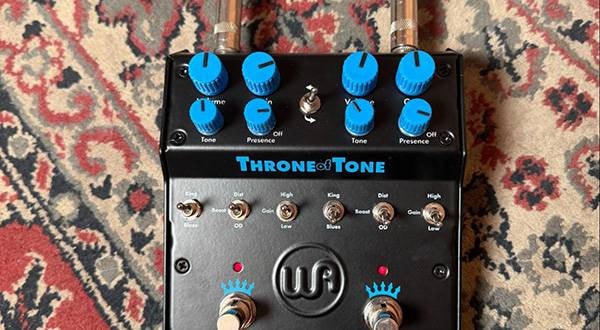
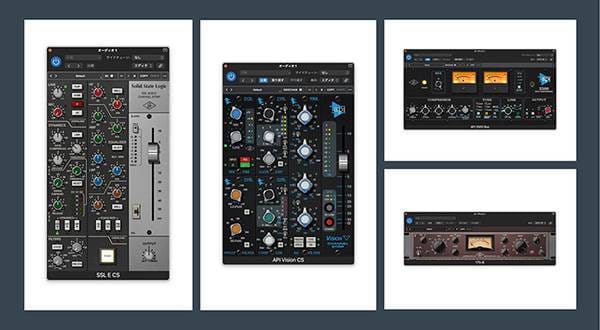
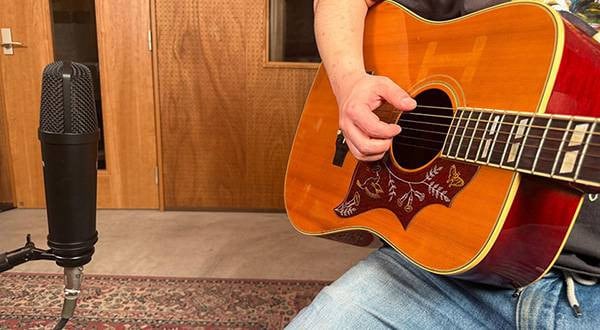

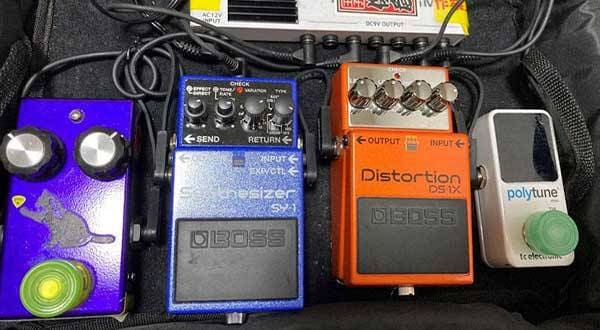

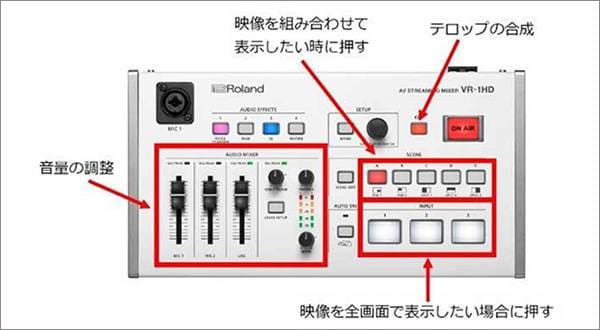


 ライブ配信に必要な機材
ライブ配信に必要な機材
 ライブ配信に必要な機材を徹底解説 オンラインライブの創り方
ライブ配信に必要な機材を徹底解説 オンラインライブの創り方
 フェンダーアコースティックギターのすゝめ
フェンダーアコースティックギターのすゝめ
 配信・ポッドキャスト特集!(ライブ/動画/ゲーム実況)
配信・ポッドキャスト特集!(ライブ/動画/ゲーム実況)
 用途で選ぶ!鍵盤楽器の種類
用途で選ぶ!鍵盤楽器の種類
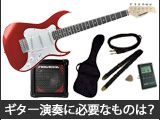 ギター演奏に必要なものは?
ギター演奏に必要なものは?
